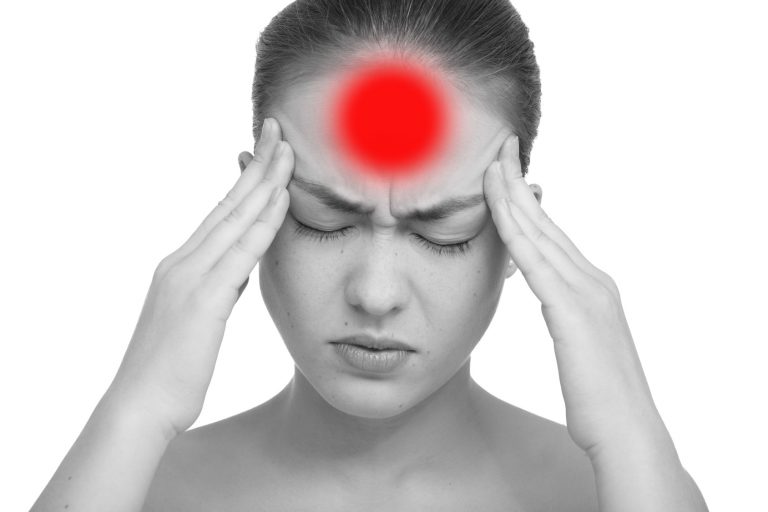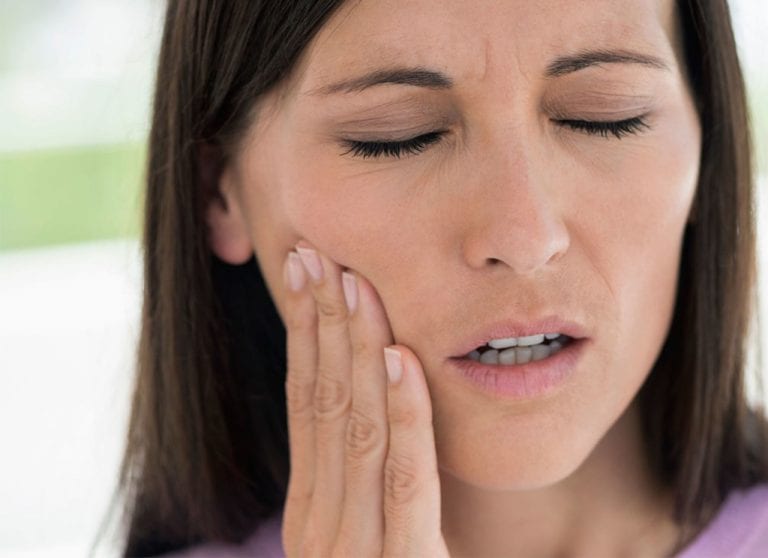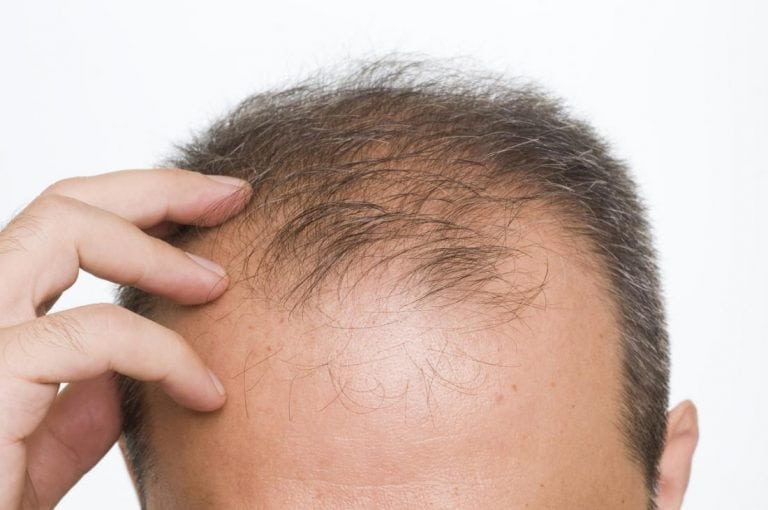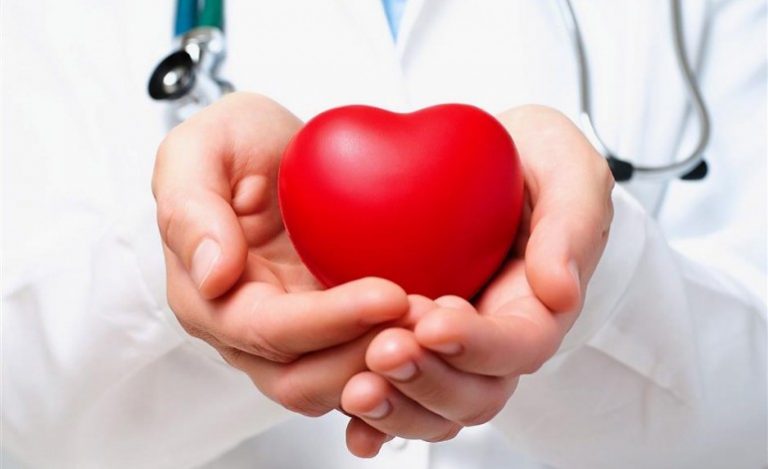
Each year in the United States, according to the Centers for Disease Control and Prevention (CDC), about 735,000 people suffer a heart attack and 610,000 people die of coronary heart disease (CHD). That’s one in four deaths.
Preventing heart disease in patients is a physician’s main goal, but early detection is the next best thing. This can lead to changes in lifestyle and medical therapies that can delay or deny the onset of a heart attack; almost 80 percent of heart disease is preventable with lifestyle changes.
Erectile dysfunction (ED)
Men have a built-in warning system for silent CHD. When achieving an erection is difficult or impossible, it can be a sign of clogged arteries in the pelvis that presents before a heart attack hits.
There are, on average, three to five years between the onset of ED and the finding of CHD, which is plenty of time to detect and work on preventing heart issues. If you and your partner are worried about sexual performance, it’s smart to look for and treat the root causes of diseased arteries before automatically turning to a blue pill.
Calf pain when you walk
This is known as claudication (from the Latin for “to limp”). Atherosclerosis can block leg arteries, particularly in smokers, before CHD is diagnosed. This symptom requires an evaluation without delay.
Your doctor will examine the pulses in your legs and perform simple measurements of leg blood pressure and blood flow to confirm a diagnosis of poor circulation. It is crucial that heart disease be diagnosed as early as possible because there are many dietary and medical treatments that can help reverse the problem.
Tight jaw
This symptom of clogged arteries occurs more often in women, but men should be aware of it, too. According to the Harvard Medical School, aches and pains in the jaw and neck are common symptoms of angina, which is the discomfort that results from poor blood flow to part of the heart.
The pain occurs because the vagus nerve (the main nerve that carries pain signals from the heart) is in constant contact with the neck, jaw, head, and left arm. Visit your doctor to find out if your jaw pain is the result of something benign, such are teeth grinding, or if it’s something you’ll want to monitor with caution.
Lower back pain
Your lower back pain might not be a simple sign of aging muscles. According to the Physicians Community for Responsible Medicine, the lower back is also often one of the first parts of the body to accumulate plaque. You’ll feel pain because the reduced blood flow to the area can weaken the disks that cushion the vertebrae.
Smoking habit
The chemicals in tobacco damage the structure and function of your blood vessels and damage the function of your heart. This damage increases your risk of atherosclerosis, according to the National Heart, Blood, and Lung Institute. One of the best things you can do to decrease your risk of CHD is to quit.

























